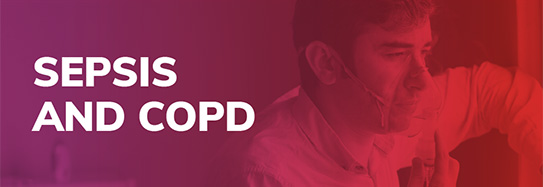Chronic obstructive pulmonary disease – called COPD for short – is a term used to refer to a group of chronic lung diseases related to poor airflow to and from the lungs. Most commonly, people with COPD have either emphysema or bronchitis, but asthma may be included as well.
COPD is a chronic and progressive illness that cannot be cured. It is an inflammatory lung disease. If you have COPD, damage to your airways, swelling (inflammation), or an excess of mucus make it hard for air to pass to and from your lungs. According to the National Institutes of Health, “COPD is a major cause of disability, and it is the fourth leading cause of death in the United States. Currently, 16 million people are diagnosed with COPD. Many more people may have the disease and not even know it…” The CDC says: “In the United States, COPD affects more than 15 million adults, and many more do not know they have it. More than half of those diagnosed are women. COPD is a major cause of disability, and it is the fourth leading cause of death in the United States…”
People with COPD have a higher than average risk of developing lung infections, such as pneumonia, which puts them at higher risk of developing sepsis.
Sepsis, which was often called blood poisoning, is the body’s life-threatening response to infection. Like strokes or heart attacks, sepsis is a medical emergency that requires rapid diagnosis and treatment.
Suggested Citation:
Sepsis Alliance. Sepsis and Chronic Obstructive Pulmonary Disease (COPD). 2023. https://www.sepsis.org/sepsisand/copd/
Updated December 12, 2023.


































